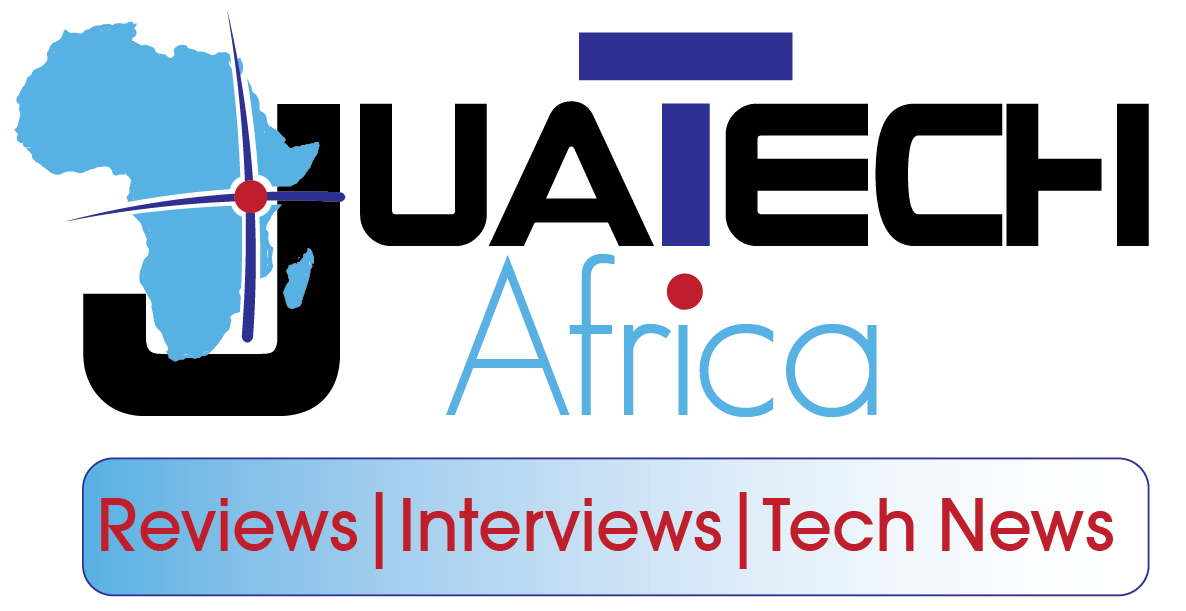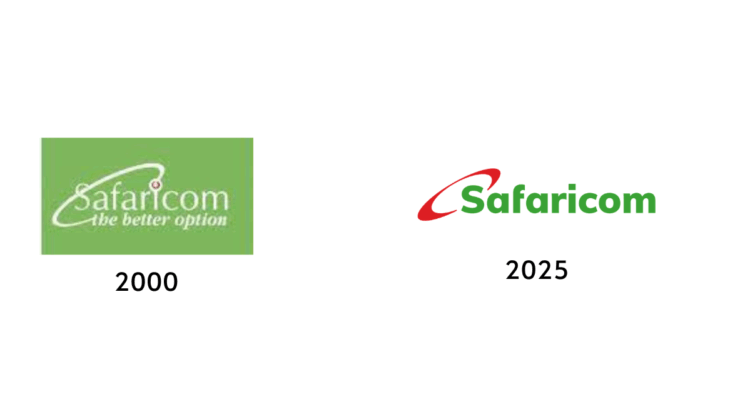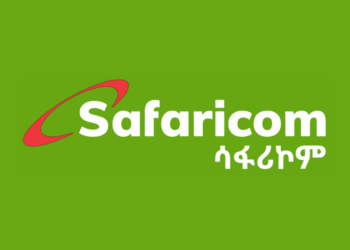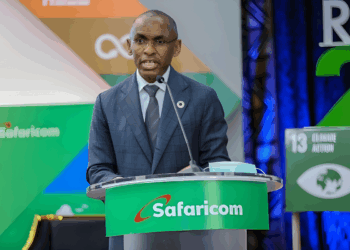From Modest Beginnings to Market Supremacy
Part 1 | Origins & Brand Trust (Master Guide/Next)
Safaricom’s rise is a textbook example of strategic market capture. Founded in 1997 as a Telkom Kenya subsidiary with Vodafone holding a 40% stake, it entered a market where mobile penetration was under 3%. By prioritising network reliability, aggressive rural rollout, and customer-centric service, it quickly outpaced rivals.
Today, Safaricom’s network covers over 97% of Kenya’s population, serving 43.1 million subscribers (CAK Q2 2025). Its 63.2% market share in mobile subscriptions is unmatched in East Africa, and its brand equity consistently ranks it among Africa’s most valuable companies.
The IPO That Redefined Public Ownership
The 2008 Initial Public Offering was a watershed moment in Kenya’s corporate history. Oversubscribed by more than 500,000 investors, it raised KES 50 billion and brought unprecedented retail participation to the Nairobi Securities Exchange.
This was more than a capital raise — it was a deliberate act of brand democratisation. By turning customers into shareholders, Safaricom deepened loyalty and solidified its presence in the national psyche. As one market analyst observed, “Safaricom didn’t just sell shares; it sold the idea that Kenyans could own a piece of their future.”
M‑Pesa: The Inflection Point of Influence
Launched in 2007, M-Pesa transformed Safaricom from a telecom operator into a fintech powerhouse. Initially designed for microfinance repayments, it evolved into a mobile money ecosystem that now processes transactions worth KES 35.8 trillion annually (FY25).
With 30.5 million active users in Kenya, M-Pesa has become the backbone of commerce, enabling peer-to-peer transfers, merchant payments, bill settlements, and micro-lending. The World Bank has cited it as a global benchmark for financial inclusion, and its model has been replicated in multiple emerging markets.
Trust as Currency — and Burden
Safaricom’s dominance has made it a national utility in all but name. This trust is both a strategic asset and a burden. Public ownership and market leadership bring heightened scrutiny over pricing, service quality, and inclusivity.
As it expands into Ethiopia and eyes other African markets, Safaricom carries not just shareholder ambitions, but the expectations — and scepticism — of a continent watching to see whether it will empower or control the digital rails of the future.
Check on the Master Guide on the other series. You want to read the whole series? Click Here. Check on Part 2: Profit Vs. Service Equity — We dive deep on ‘Profit Paradox: Do Safaricom’s Billions Match Its Service Delivery?’ up next.
Master Guide | Part 1 | Next

















